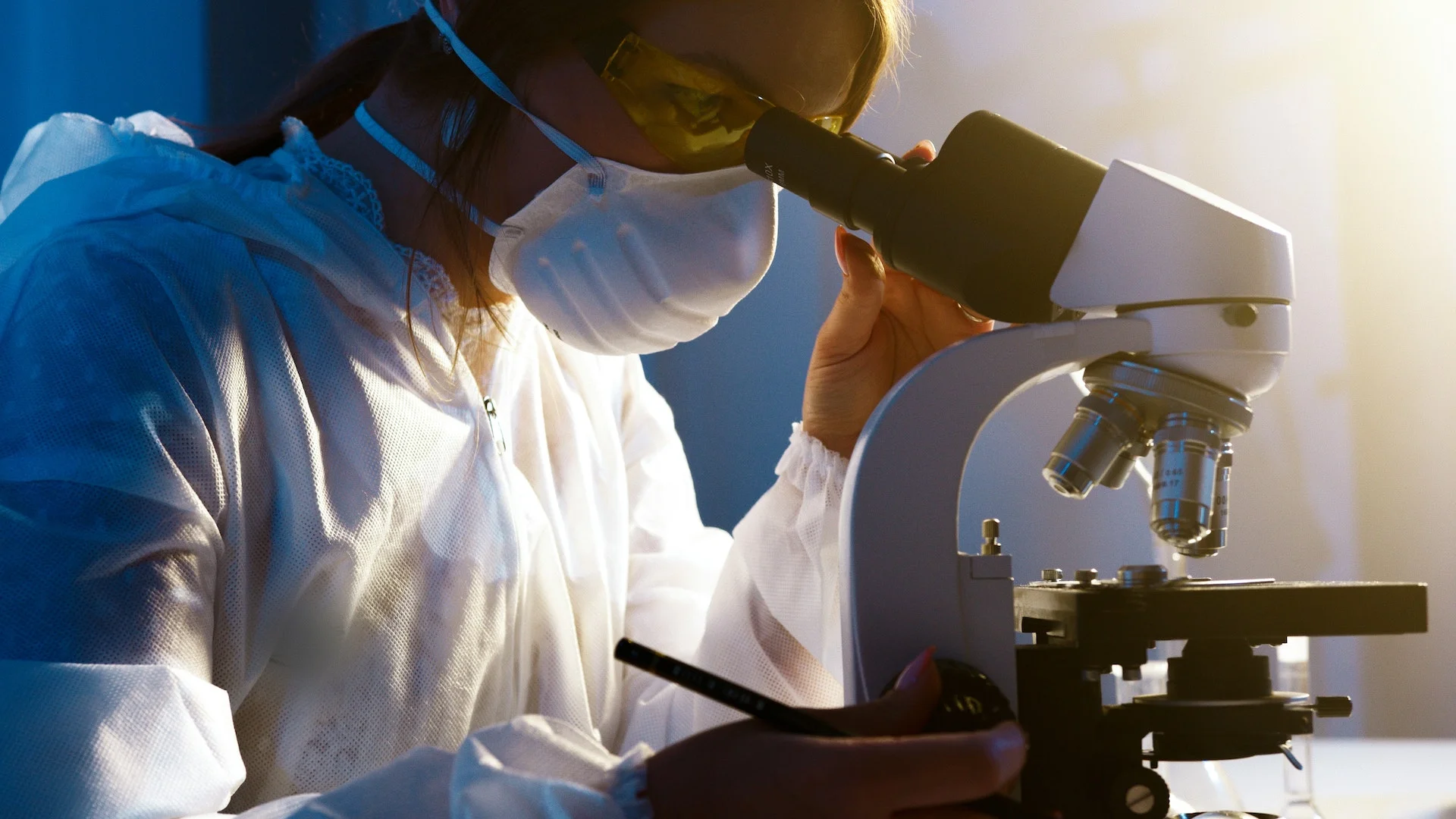Biotechnology is a rapidly evolving field that has the potential to revolutionize various aspects of our lives, from healthcare and agriculture to energy production and environmental conservation. As scientific advancements continue to push the boundaries of what is possible, the future of biotechnology holds tremendous promise. In this article, we will explore some of the exciting developments and potential applications that lie ahead.
Table of Contents
- Introduction
- Understanding Biotechnology
- Applications in Healthcare
- Advancements in Gene Therapy
- Personalized Medicine
- Agricultural Biotechnology
- Genetically Modified Crops
- Precision Farming
- Industrial Biotechnology
- Biofuels and Renewable Energy
- Sustainable Manufacturing Processes
- Environmental Biotechnology
- Bioremediation
- Waste Management Solutions
- Ethical Considerations and Challenges
- Conclusion
- Frequently Asked Questions (FAQs)
Future of Biotechnology: Innovations and Possibilities
Biotechnology, a rapidly advancing field, holds immense potential to transform various aspects of our lives. By harnessing the power of living organisms and biological systems, biotechnology offers innovative solutions for healthcare, agriculture, industry, and the environment. With its ability to manipulate the fundamental building blocks of life, scientists can develop groundbreaking advancements that address global challenges and improve the quality of life. From gene therapy and personalized medicine to genetically modified crops and renewable energy production, the future of biotechnology is filled with promise. In this article, we will delve into the exciting developments and potential applications that lie ahead.
Understanding Biotechnology
Biotechnology involves harnessing the power of biological systems to develop innovative solutions. It encompasses several key areas, including healthcare, agriculture, industry, and the environment. By understanding and manipulating the fundamental building blocks of life, scientists can unlock new possibilities for the benefit of humanity.
Applications in Healthcare
Advancements in Gene Therapy
Gene therapy holds significant promise for treating genetic disorders and inherited diseases. By introducing therapeutic genes into a patient’s cells, researchers aim to correct or replace faulty genes responsible for these conditions. In the future, gene therapy could potentially offer personalized treatments tailored to an individual’s unique genetic makeup.
Personalized Medicine
Advancements in biotechnology enable the development of personalized medicine, where treatments can be customized based on an individual’s genetic profile. This approach can lead to more targeted therapies with enhanced efficacy and reduced side effects. By understanding the genetic factors influencing disease susceptibility and drug response, medical professionals can optimize treatment plans.
Agricultural Biotechnology
Genetically Modified Crops
Genetic modification allows scientists to introduce desirable traits into crops, such as increased yield, resistance to pests, and enhanced nutritional content. Genetically modified (GM) crops have the potential to address food security challenges by improving crop productivity and reducing reliance on harmful pesticides. In the future, biotechnology may play a crucial role in developing sustainable and resilient agricultural systems.
Precision Farming
Precision farming leverages biotechnology tools to optimize agricultural practices. By integrating data analytics, remote sensing, and genetic information, farmers can make informed decisions about irrigation, fertilization, and pest control. This approach minimizes resource wastage, maximizes yield, and reduces the environmental impact of farming.
Industrial Biotechnology
Biofuels and Renewable Energy
Biotechnology offers innovative solutions for sustainable energy production. Through the use of microorganisms or enzymes, biorefineries can convert biomass into biofuels, such as ethanol and biodiesel. Additionally, biotechnology can facilitate the production of renewable chemicals and materials, reducing dependence on fossil fuels and contributing to a greener future.
Sustainable Manufacturing Processes
Industrial biotechnology also enables the development of eco-friendly manufacturing processes. By utilizing enzymes and biocatalysts, it is possible to produce chemicals, plastics, and other materials using renewable resources. This approach minimizes waste generation and reduces the environmental footprint of various industries.
Environmental Biotechnology
Bioremediation
Biotechnology plays a vital role in environmental remediation. Through bioremediation, microorganisms are employed to break down or neutralize pollutants in soil, water, and air. This approach can help restore ecosystems affected by contamination and mitigate the harmful effects of pollutants on human and environmental health.
Waste Management Solutions
Biotechnology offers innovative waste management solutions. Microorganisms can be utilized to treat organic waste, converting it into valuable products such as biofertilizers or biogas. By harnessing the power of biological processes, biotechnology can contribute to the efficient and sustainable management of waste materials.
Ethical Considerations and Challenges
As with any rapidly advancing field, biotechnology presents ethical considerations and challenges. The responsible use of biotechnology requires careful regulation, ensuring the safety of genetically modified organisms, protecting privacy in genetic testing, and addressing concerns regarding genetic discrimination. Additionally, it is crucial to consider the potential long-term environmental impacts of biotechnological applications.
Conclusion
The future of biotechnology is bright and filled with possibilities. Advancements in gene therapy, personalized medicine, agricultural biotechnology, industrial applications, and environmental solutions hold the potential to transform our world for the better. However, it is essential to approach these developments with careful consideration of ethical, social, and environmental implications to ensure a responsible and sustainable future.
FAQs on Biotechnology Future
What is biotechnology?
Biotechnology is the utilization of living organisms, biological systems, or their derivatives to create or modify products and processes for various applications.
How does gene therapy work?
Gene therapy involves introducing therapeutic genes into a patient’s cells to correct or replace faulty genes responsible for genetic disorders or inherited diseases.
What are genetically modified crops?
Genetically modified (GM) crops are plants that have been altered using biotechnology to introduce desirable traits, such as increased yield, pest resistance, or enhanced nutritional content.
How does biotechnology contribute to renewable energy?
Biotechnology enables the production of biofuels and renewable chemicals by utilizing microorganisms or enzymes to convert biomass into usable energy sources.
What is bioremediation?
Bioremediation is the use of microorganisms to break down or neutralize pollutants in soil, water, and air, contributing to the restoration of contaminated environments.
You Might Also Like:

